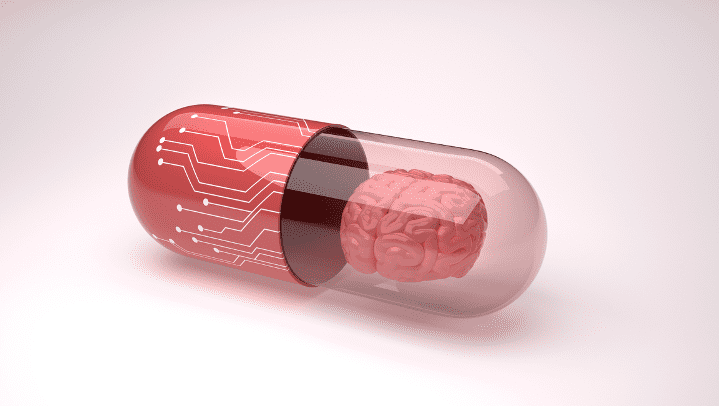Non-invasive methods to measure the condition of plants is one of the highly-anticipated outcomes of Emerging Sensing. These techniques will provide equipment builders, technology providers and the fruit and vegetable sector with new tools to increase yields, improve quality and reduce waste.
Suppose we could see right ‘through’ a plant: discerning the presence of diseases, the ripeness of fruit and many other properties that are currently hidden to the naked eye. This would enable farmers to optimize the health of their plants, making much better decisions about when to harvest and when to transport produce to market. It would also facilitate the development of advanced picking robots, reducing the need for the increasingly scarce, specialized personnel in this sector.
Innovative spectral imaging
In Emerging Sensing, OnePlanet Research Center is working on innovative acoustic and spectral imaging techniques that make visible what is hidden under the skin of the plant and its fruits; techniques that allow one to see ‘through’ fruits and ‘sense’ from a distance. While existing hyperspectral cameras can already detect invisible bruises under the skin of apples and pears, complementary sensing modalities are being investigated for the non-destructive and robust detection of moisture content, fruit ripeness and firmness. OnePlanet is also working on early pest detection tools, combining spectral imaging with systems that register the presence of insect DNA and pheromones in a data fusion approach.
In this program, OnePlanet combines its expertise on high-tech sensors and wearables with a deep understanding of data-sciences, machine-learning, crop cultivation and post-harvest quality, to answer challenging questions. What are, for example, the possibilities and limitations of existing imaging techniques, in the context of which types of fruits and vegetables? Are specific spectra more suited to food quality assessment?
Towards a demo system
In 2020 three research projects kicked off: the public-private partnership, Future Sensors, which focuses on sensors for tomatoes and their plants; the European program Haly-ID, dedicated to apples and pears; and the Public-Private Partnership ‘Weet wat er leeft’ (Know what’s going on) which focuses on automatic identification and quantification of insects in greenhouses. A measuring-system proof-of-concept will be ready by the end of 2021. Once validated, it will be extended with applications that integrate sensor data, and predict the quality and shelf life of fresh produce. A demo system is expected by 2024.
